If you’ve ever stood in front of a wall of coffee bags wondering what makes one "specialty" and the other just regular coffee, you’re not alone. With so many labels, terms, and claims in the world of coffee, it can be hard to tell what’s marketing and what’s meaningful. In this guide, we’ll break down what truly makes a coffee "specialty," so you can make informed choices that delight your taste buds and make a difference.

What Is Specialty Coffee?
Specialty coffee is defined as coffee that scores 80 points or above on a 100-point scale by certified Q graders, according to the Specialty Coffee Association (SCA). But this score is just the beginning. What truly sets specialty coffee apart is its commitment to excellence at every stage of the supply chain, from meticulous cultivation and hand-picking to expert processing, intentional roasting, and skilled brewing.
The concept of specialty coffee emerged in the 1970s in the United States, driven by a desire to move away from commodity-grade coffee and instead focus on origin, flavor, and craftsmanship. It gained momentum with the so-called "Third Wave Coffee" movement in the early 2000s, which emphasized transparency, sustainability, and appreciation for the unique characteristics of each coffee origin.
Specialty coffee emphasizes traceability, the ability to know where the coffee originated and who grew it. It prioritizes ethical sourcing and often involves direct relationships with farmers, ensuring better compensation and long-term sustainability. Ultimately, specialty coffee is about honoring the bean’s natural potential and the people behind it.
This is not your average cup of joe. This is coffee that has been crafted with respect for the plant, its environment, and every person who helps bring the coffee bean to your cup.
Signs You’re Looking at Real Specialty Coffee
1. Single-Origin Labeling
Specialty coffee often comes from a single farm or region. If your bag says “Colombian Single Origin,” that means the beans were harvested from one specific area, like the lush hills of the Eje Cafetero (Colombian Coffee Axis). This ensures traceability and flavor consistency. Bonus points if the coffee comes from a specific farm or region, which indicates even more focus on origin, often resulting in better flavor and more ethical sourcing practices.
2. Farmer-Focused and Transparent Sourcing
Check the label or brand story. Are they naming the farmers and talking about paying above market price? If a coffee brand is ethically sourcing their beans, they’ll usually shout it from the rooftops. At Encantado Coffee, for example, we proudly showcase our relationships with small producers who grow with passion and purpose, like Elkin Diosa, producer of our Caicedo coffee.

3. Flavor Notes, Not Just Roast Levels
Instead of simply labeling the coffee as light, medium, or dark roast, specialty coffee highlights specific flavor notes like stone fruit, caramel, or dark chocolate. These are not added or artificial flavors, but rather natural notes that arise from the coffee's inherent chemical compounds, many of which are the same found in the foods they resemble. These tasting notes are influenced by the bean’s origin, processing method, and show the roaster’s attention to detail.
4. Freshness and Supply Chain
Supermarket coffee often sits on shelves for months, or even years, losing its vibrancy and flavor. In contrast, buying from small roasters and direct-to-consumer suppliers means you're getting fresher beans that have been recently roasted and delivered with care. This shorter supply chain preserves the unique tasting notes that make specialty coffee so distinctive.
5. Direct Relationships Over Certifications
While some coffee brands highlight third-party certifications, these labels don't always tell the full story. In fact, certifications can be costly and burdensome for small-scale farmers, often creating financial barriers rather than offering real support. At Encantado Coffee, we believe in building genuine, long-term relationships with the farmers who produce our coffee and their communities. This direct connection allows us to ensure fair compensation, transparency, and mutual growth, without relying on outside labels to validate our practices. It's about trust, not just stamps.
Why It Matters
Choosing specialty coffee isn’t just about taste, though that’s a big part of it. It’s about knowing where your coffee comes from, supporting ethical supply chains, and appreciating the craft behind every cup. It’s a small daily ritual that connects you with people and places across the world.

Ready to Try Real Specialty Coffee?
Now that you know what to look for, why not taste the difference for yourself? At Encantado Coffee, we offer ethically sourced, single-origin Colombian coffee from small farms in the heart of the Andes. Every bag supports sustainable farming and brings the magic of Colombia to your cup.
Explore our collection and find your next favorite brew.
Shop Specialty Colombian Coffee →

